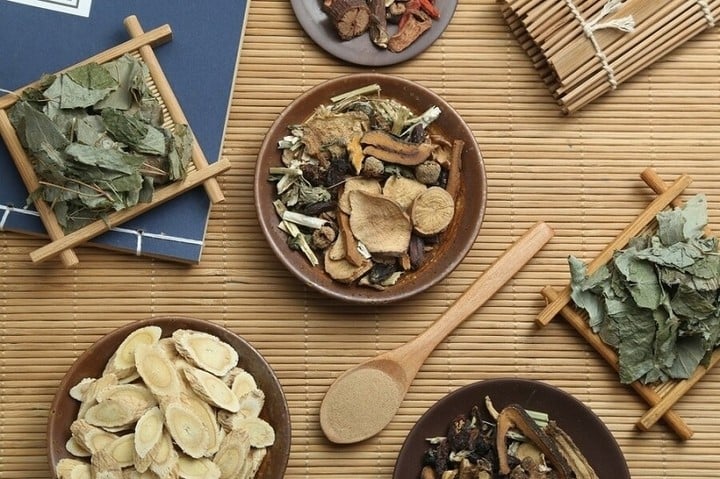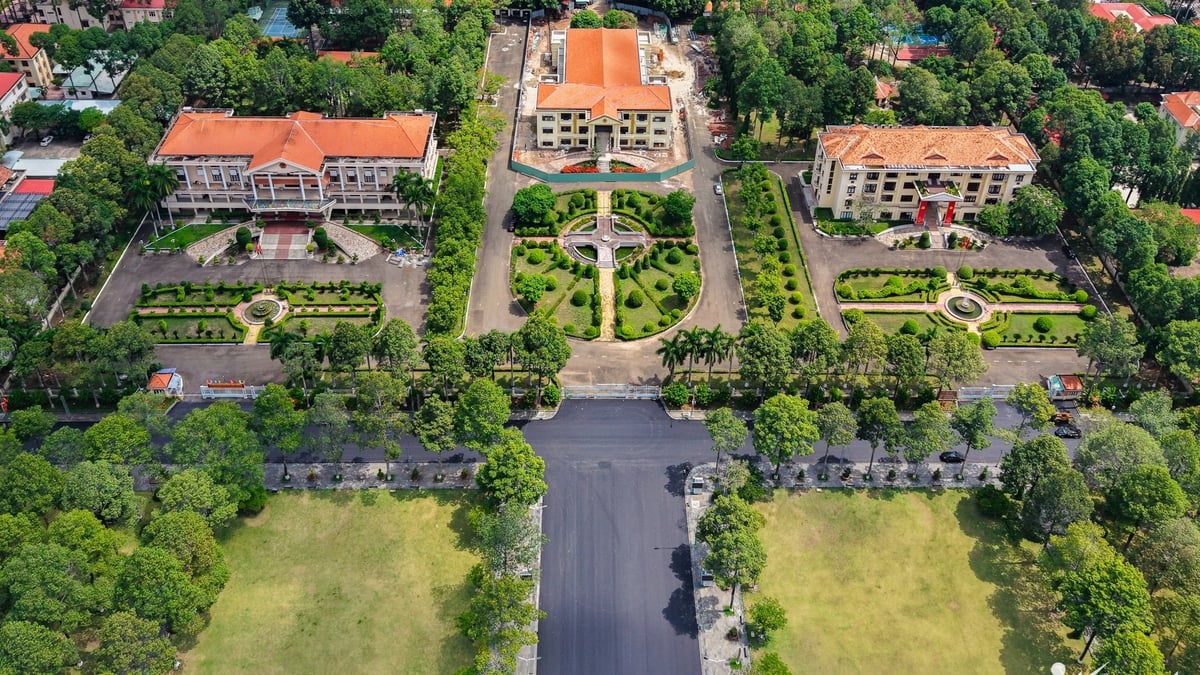According to Physician Le Xuan Hai, Dong Da District Oriental Medicine Association ( Hanoi ), in Oriental medicine, insomnia is called “that hiem”, originating from causes such as heart and spleen deficiency, kidney yin deficiency or liver qi stagnation. These disorders make it difficult for patients to fall asleep, sleep lightly, and wake up easily, thereby greatly affecting work and daily life.
Many people subjectively think that insomnia is just a temporary symptom, not requiring treatment. However, prolonged condition can lead to a series of consequences such as memory loss, reduced ability to concentrate, psychological disorders, and even increased risk of cardiovascular disease and stroke.
The cause of insomnia can vary from person to person. Some people suffer from insomnia due to underlying medical conditions, while others suffer from psychological shock or prolonged anxiety.
If not treated properly, insomnia can become chronic. "Patients with long-term insomnia often fall into a state of depression, fatigue, do not want to work, and cannot concentrate." Doctor Hai said.

For effective treatment, patients need to see a doctor to find out the specific cause. In Oriental medicine, each disease has its own specific treatment, combining the principles of regulating blood circulation, calming the mind, and nourishing the heart.
People with insomnia due to liver stagnation often have symptoms such as irritability, mental stress, anxiety, sadness, accompanied by headaches and dizziness. Doctor Hai recommends using remedies that have the effect of calming the liver, relieving depression, helping the mind relax and falling asleep easily.
Use 12g of Saposhnikovia, 8g of Mint, 8g of Octopus, 12g of Poria, 12g of Rehmannia glutinosa, 6g of Licorice, 3 apples, 1g of roasted ginger, 12g of Pinellia ternata, 6g of tangerine peel, 12g of Ophiopogon japonicus, and 8g of Chinese clematis. Pour in 5 bowls of water, boil into 3 bowls, divide into 3 doses to drink in a day.
In patients with heart and spleen deficiency, symptoms are often prolonged difficulty sleeping, restless sleep, frequent dreams, rapid heartbeat, forgetfulness, fatigue in the limbs, and poor appetite. In this case, you should use heart and spleen tonics to help increase blood circulation and stabilize the nervous system.
Use 12g of angelica, 12g of rehmannia, 12g of ophiopogon, 16g of octopus, 16g of lotus seed, 12g of jujube seed, 12g of poria, 4g of cinnamon bark, 12g of codonopsis, 12g of astragalus, 4g of licorice, 3 jujubes, 4g of atractylodes, 12g of longan. Pour in 5 bowls of water, boil into 3 bowls, divide into 3 doses to drink in a day.
Another form of insomnia is due to kidney yin deficiency, the patient has symptoms of anxiety, nervousness, heat in the body, constipation, back pain, weak knees, dizziness. At this time, it is necessary to use medicine to nourish kidney yin, reduce heat, help the mind calm down and sleep easier.
Use 20g of rehmannia root, 12g of Chinese yam, 12g of Alisma orientale, 12g of Ophiopogon japonicus, 12g of Achyranthes bidentata, 12g of Cornus officinalis, 10g of Moutan bark, 12g of Poria cocos, and 12g of Poria cocos. Pour in 5 bowls of water, boil into 3 bowls, divide into 3 doses to drink in a day. People using this medicine should avoid eating spicy and hot foods and avoid cold foods.
Physician Hai noted that in addition to taking medication, patients need to adjust their lifestyle to support treatment. Peace of mind is an important condition for good sleep - that is, keeping a comfortable spirit, limiting stress and anxiety. Patients should eat well, live on time, and avoid strenuous exercise in the evening. Instead, read books, listen to soft music or knit to relax the mind before going to bed.
Stimulants such as coffee, alcohol, and tobacco should also be eliminated from the lifestyle of people with insomnia. In particular, do not drink too much water in the evening to avoid waking up in the middle of the night, causing sleep disruption. In addition, you should also create a quiet sleeping environment, avoiding using phones, televisions, or computers in bed.
Doctor Hai recommends that patients should absolutely not use sleeping pills on their own because the risk of dependence is very high. When suffering from prolonged insomnia, see a doctor for advice and proper treatment to avoid unwanted consequences for both physical and mental health.
Source: https://baolangson.vn/bai-thuoc-chua-mat-ngu-tu-thao-duoc-quanh-nha-5044621.html



![[Photo] National Assembly Chairman Tran Thanh Man meets with Thai Prime Minister Paetongtarn Shinawatra](https://vphoto.vietnam.vn/thumb/1200x675/vietnam/resource/IMAGE/2025/5/15/e71160b1572a457395f2816d84a18b45)
![[Photo] Prime Ministers of Vietnam and Thailand visit the Exhibition of traditional handicraft products](https://vphoto.vietnam.vn/thumb/1200x675/vietnam/resource/IMAGE/2025/5/15/6cfcd1c23b3e4a238b7fcf93c91a65dd)
























































































Comment (0)